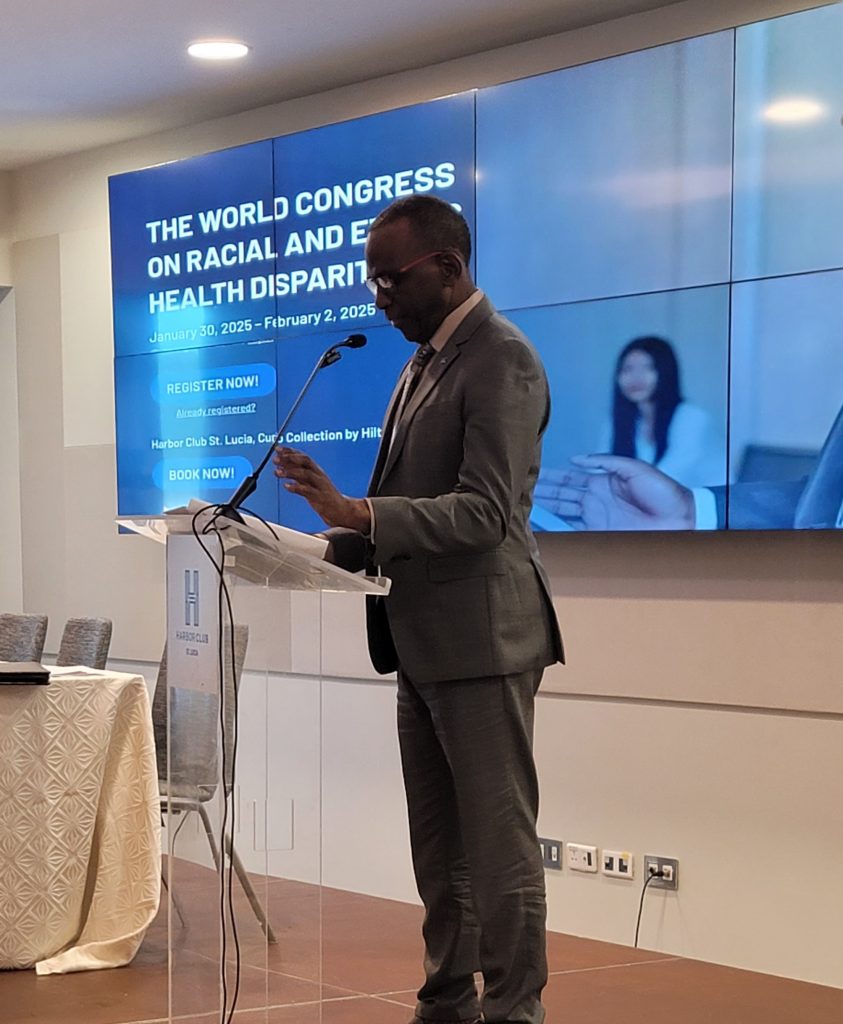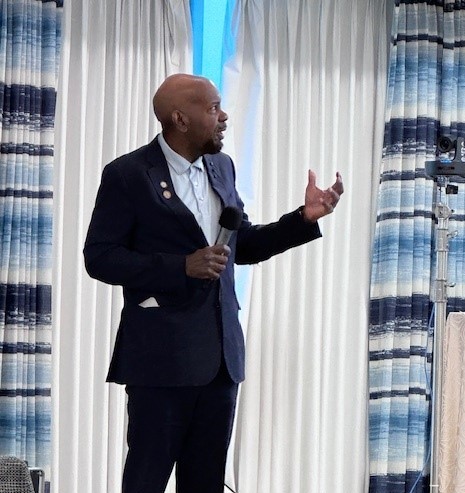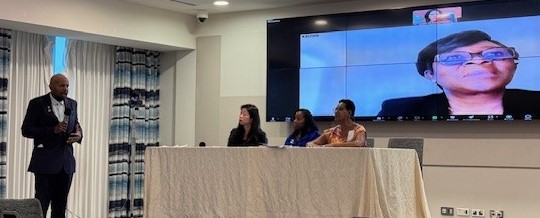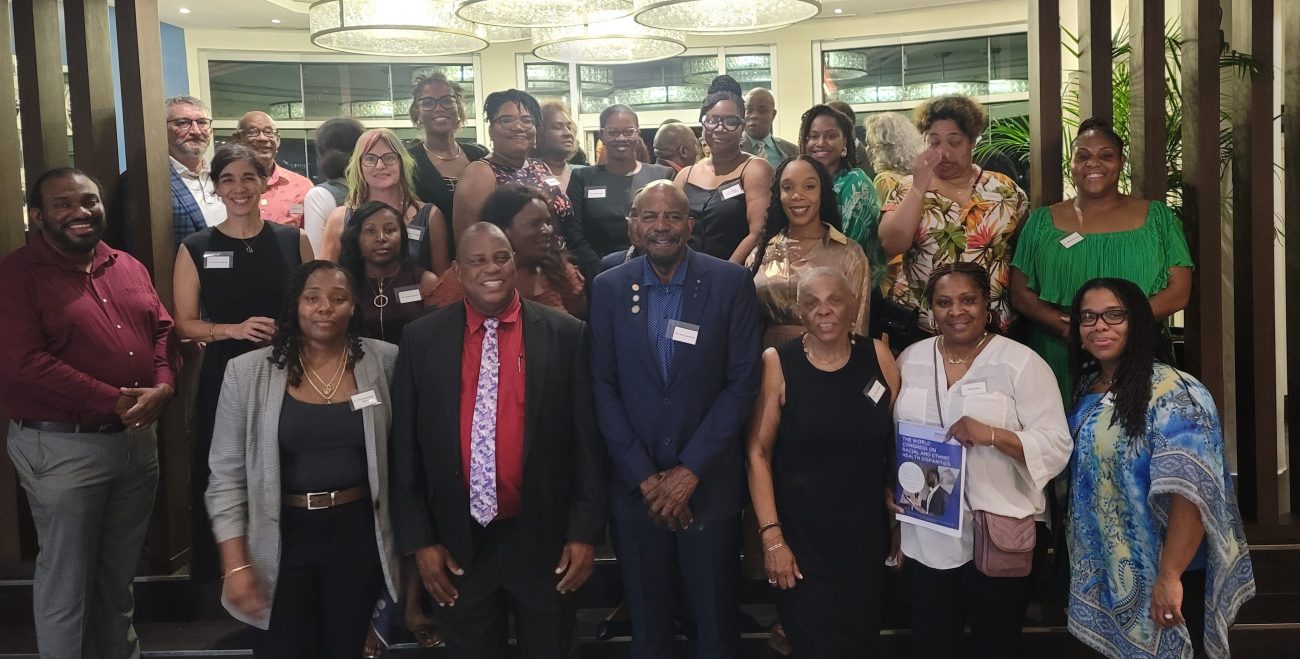On Jan. 30 to Feb. 2 for the first time, The World Congress on Racial and Ethnic Health Disparities convened in St. Lucia.

The event was hosted by the Journal of Racial and Ethnic Health Disparities and the Connecticut Imhotep NMA Society. The Cato T. Laurencin Institute for Regenerative Engineering at UConn was also a sponsor of the event. The World Congress was the brainchild of Dr. Cato T. Laurencin at UConn who also served as chair of the meeting. Additional sponsors of the event included the National Medical Association, the St. Lucia Medical and Dental Association, the W. Montague Cobb/NMA Health Institute, and the government of St. Lucia. The scientific sessions were opened by The Honorable Philip J. Pierre, Prime Minister of St. Lucia.
“This event was a huge milestone and brought the world’s experts on racial and ethnic disparities together,” shared UConn’s University Professor Dr. Cato T. Laurencin, CEO of The Cato T. Laurencin Institute for Regenerative Engineering at UConn School of Medicine.
“UConn had a great presence at the first-ever World Congress,” applauds Laurencin.
Invited speakers from UConn School of Medicine included Dr. Biree Andemariam, professor of medicine, who directs the highly successful New England Sickle Cell Institute and Connecticut Bleeding Disorders Center at UConn Health. She spoke about the need for breaking down more barriers for sickle cell disease patients worldwide and shared the success of the innovative Institute she founded in 2009 which has grown to care for the majority of adult at sickle cell patients in Connecticut.

“The Congress gave me a unique opportunity to learn from the greatest cross-disciplinary minds whose work dissects the pervasive influence of racialized societal frameworks on global health outcomes,” shared Andemariam, the American Red Cross Endowed Chair at UConn School of Medicine.
Helen Wu, Ph.D. from UConn’s medical school was also an invited speaker. She is associate professor in the Departments of Psychiatry and Public Health Sciences and is part of The Cato T. Laurencin Institute for Regenerative Engineering at UConn. She shared her work helping create healthier communities via successful initiatives like UConn’s JUMP (Just Us Moving Program) which is a sustainable community engagement approach to lifestyle changes. The program of The Cato T. Laurencin Institute for Regenerative Engineering educates the community on the importance of increased physical activity.
“At the first World Congress on Racial and Ethnic Health Disparities we were like a big family gathering. People who are in health disparities research and practice are passionate about what we do,” shared Wu. “The Congress fostered new alliances between practitioners and researchers in the field of health disparities research and policy reform.”

Other invited speakers with a UConn connection included UConn Health Board of Directors member Dr. Kenneth Alleyne, an orthopaedic surgeon with Eastern Orthopedics who spoke about the benefits of community health workers empowering communities; Raja Staggers-Hakim, Ph.D., assistant professor in UConn’s Department of Sociology discussed racism trauma health theory; and Dierdre Cooper Owens, Ph.D., associate professor of History and Africana Studies at UConn shared the history of the Black birthing crisis.
The proceedings of the meeting will be published in the Journal of Racial and Ethnic Health Disparities.
Learn more about the inaugural World Congress on Racial and Ethnic Health Disparities.



